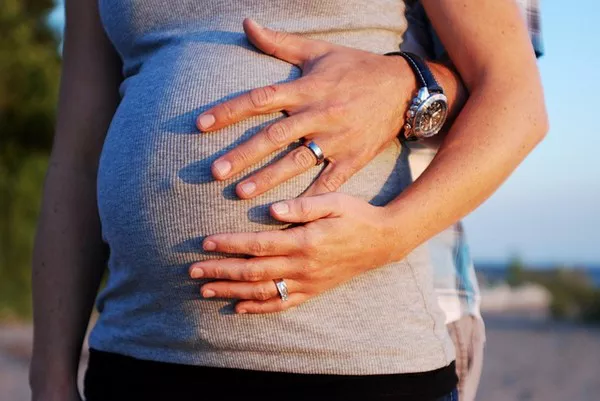A recent study conducted in Canada involving over 1 million children has shed light on a potential correlation between assisted conception methods and the likelihood of being diagnosed with autism spectrum disorder. The research found that children born to women who utilized assisted reproduction methods had a slightly higher risk of autism compared to those born without such interventions.
The incidence rate of autism spectrum disorder per 1,000 person-years was analyzed among various groups. It was reported as 1.93 for children born to women without assisted conception, 2.49 for those born to women with subfertility, 2.72 for those born to women using ovulation induction or intrauterine insemination, and 2.71 for those born to women using in vitro fertilization or intracytoplasmic sperm injection. These findings highlight the importance of further exploration into the relationship between assisted conception and neurodevelopmental outcomes in children.
FDA Clears At-Home Artificial Insemination Kit for Use
The FDA has recently granted clearance for the Mosie Baby Kit, an at-home intravaginal insemination kit designed to facilitate conception for adults who cannot or choose not to use intercourse for conception. The kit, which includes two syringes and two proprietary semen collection cups, has been approved for over-the-counter use and is suitable for utilizing fresh or cryogenically frozen semen.
This development marks a significant step forward in providing individuals with a convenient and accessible option for at-home artificial insemination, offering an alternative for those seeking fertility assistance.
Long-Term Benefits of Hormone Therapy Post-Hysterectomy Revealed in Study
A study published in Menopause highlights the enduring benefits of long-term hormone therapy with transdermal estradiol for individuals who have undergone hysterectomy. The research indicates positive effects on bone health, cardiovascular health, and overall quality of life, with these benefits persisting for up to 20 years post-hysterectomy. This insight contributes valuable information for individuals considering or currently undergoing hormone therapy after hysterectomy.
Depressive Symptoms During Pregnancy Linked to Fetal Growth Rate
New research from China suggests a potential link between depressive symptoms during pregnancy and slower fetal growth rates. The study, published in JAMA Network Open, found that among women in China, depressive symptoms during pregnancy were associated with a reduction in the fetal growth rate during the rapid growth stage between weeks 30 and 37 of gestation. Understanding the impact of maternal mental health on fetal development is crucial for comprehensive prenatal care.
Stillbirth Associated With Increased Maternal Morbidity Risk Postpartum
A study published in the American Journal of Obstetrics & Gynecology reveals a concerning association between stillbirth and an elevated risk of severe maternal morbidity during delivery hospitalization and up to 1 year postpartum. These findings emphasize the need for heightened monitoring and support for mothers who have experienced stillbirth to ensure their well-being during the critical postpartum period. Further research and awareness in this area are crucial for improving maternal health outcomes.


